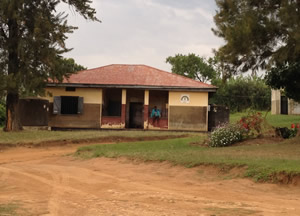SPRING Kicks Off Prospective Case Study in Uganda
Uganda, like many other countries, is facing competing demands for time, human resources, and funding within the realm of nutrition programming. In order to address the diverse priorities named by the international agreements to which Uganda is a signatory (Scaling Up Nutrition (SUN), Millennium Development Goals (MDGs), World Food Summit), Ugandan policymakers are undertaking continual re-prioritization of activities to best address the current nutrition situation.
